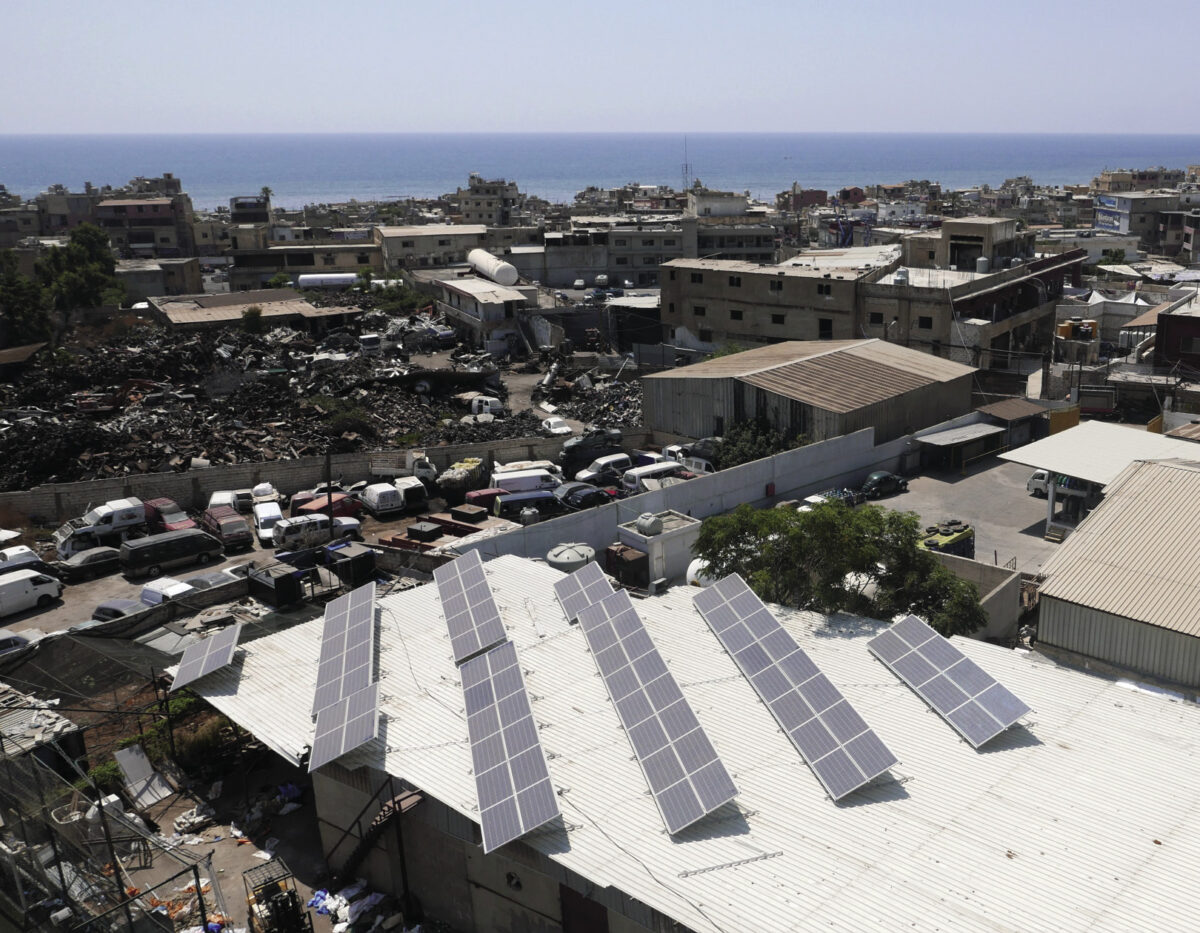From pv magazine Global
El Khoury, who recently resigned as general director and president of the LCEC, posted on social media that Israeli air strikes have destroyed or severely damaged 400,000 to 500,000 solar panels.
Although Israel and Lebanon signed a ceasefire agreement brokered by the United States and France in late November, El Khoury noted that Lebanon lost an estimated 150 MW to 200 MW of solar installations during the conflict.
“One commitment from the Lebanon Committee of the World Energy Council (WEC) for the upcoming year is to bridge the gap between the local need to rebuild and the international will to support,” he said.
El Khoury’s estimate cannot be compared to official figures, as Lebanon has not released an official renewable energy reports since 2020. Since then, researchers and journalists have relied on data from the LCEC.
In 2023, while serving as LCEC president, El Khoury told pv magazine that Lebanon’s installed solar capacity had grown to 1,300 MW, a significant increase from less than 100 MW in 2020. He noted that most of Lebanon’s solar capacity consists of small solar-plus-battery systems.
The Lebanese parliament’s approval in December 2023 of the Decentralized Renewable Energy (DRE), which regulates net-metering and peer-to-peer contracts between private entities, created hopes for a pick-up in solar installations.
However, energy researcher Marc Ayoub, associate fellow at the American University of Beirut’s Issam Fares Institute for Public Policy and International Affairs, said that this didn’t happen.
“The DRE law, issued in December 2023, didn’t have any impact as its implementation is linked to the appointment of the electricity regulatory authority (ERA). However, Lebanon hasn’t appointed yet an ERA,” Ayoub said. “Setting up a regulator was mentioned in the law No 462 of 2002. Still though, the regulator has not been appointed yet and all relevant mandates are typically issued by the Council of Ministers and more specifically the Minister of Energy and the Minister of Finance.”
Authored by:
This content is protected by copyright and may not be reused. If you want to cooperate with us and would like to reuse some of our content, please contact: editors@pv-magazine.com.








By submitting this form you agree to pv magazine using your data for the purposes of publishing your comment.
Your personal data will only be disclosed or otherwise transmitted to third parties for the purposes of spam filtering or if this is necessary for technical maintenance of the website. Any other transfer to third parties will not take place unless this is justified on the basis of applicable data protection regulations or if pv magazine is legally obliged to do so.
You may revoke this consent at any time with effect for the future, in which case your personal data will be deleted immediately. Otherwise, your data will be deleted if pv magazine has processed your request or the purpose of data storage is fulfilled.
Further information on data privacy can be found in our Data Protection Policy.